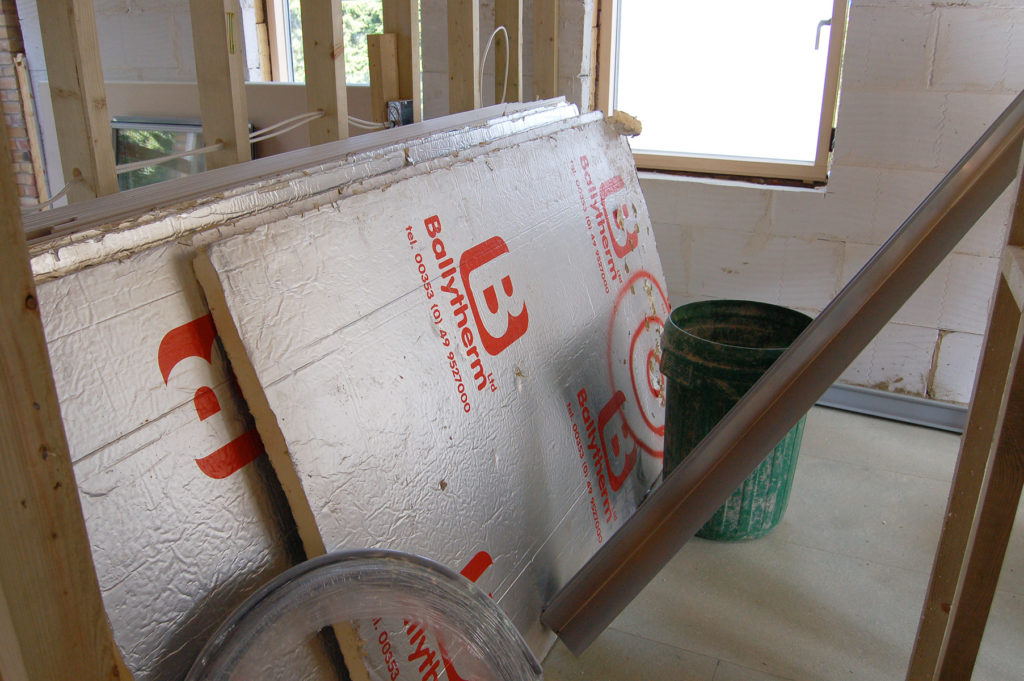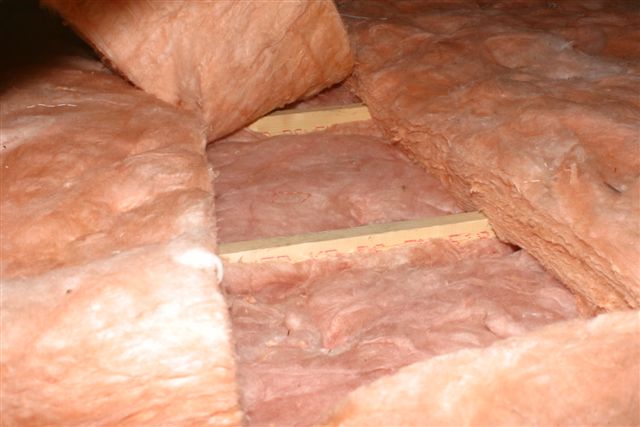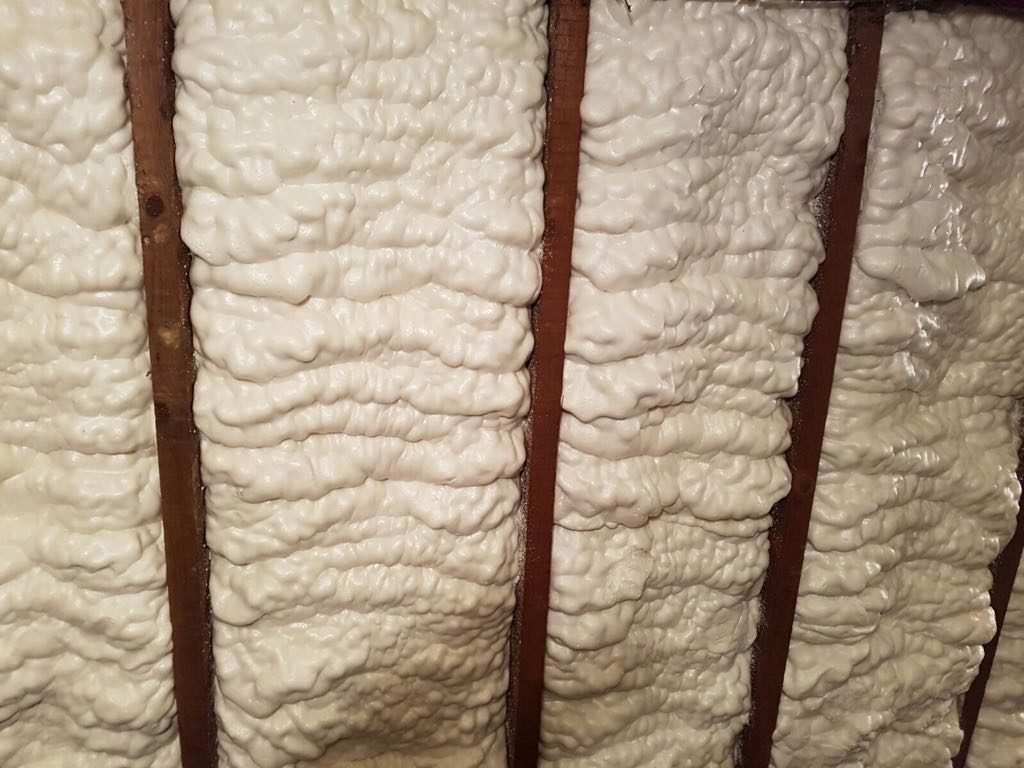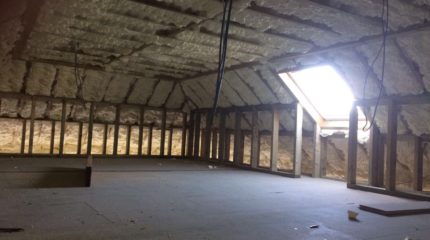Which Insulation Should I Use?
About IcyneneHome improvements concerning structural or building developments can be a large financial outlay. In many cases, the more money a person puts into home improvement, the more money they will make back when they come to sell. How is this the case with insulation? Spray foam insulation improves the structural integrity of a building, so it increases the value of that property. Homeowners, take note!
One factor that determines which insulation type to choose is price, and this can be a barrier for property-owners. With any type of spray foam insulation, including Icynene®, people ask themselves is spray foam worth it? Read our comparison article below to review the average cost range, benefits and disadvantages of the commonly used insulation types.
Icynene® spray foam insulation
Average cost: £££
Spray foam benefits: Icynene® spray foam insulation is quick to install if spray foam contractors are used. As it’s initially in liquid form, it easily fills every possible gap. The cost of spray foam is worth it because it has unbeatable insulating capabilities, such as minimalising air leaks to provide an energy saving of up to 50% per annum.
Disadvantages: It is more expensive than most types of insulation, and it’s not something that can be a DIY project for homeowners. If spray foam isn’t installed correctly it won’t be as effective.
Rigid insulation board
Average cost: ££
Benefits: Insulation boards don’t expand or split when exposed to moisture. They can be installed by the homeowner and they are easy to cut – but be aware that they must be accurately cut to perfectly fit the available space.
Disadvantages: The air bubbles inside the board can be moisture traps and cause damp. Also, if it isn’t tightly fitted into every cavity the effectiveness of the insulation could be affected; even a slight gap will permeate air infiltration. Spray foam insulation is often required to be installed with insulation boards where thin gaps between wood beams are created and left empty.
Fibreglass insulation
Average cost: £
Benefits: This form of insulation is filled with air pockets, so it holds onto warm air. It’s a flexible solution that can easily fit around wires or air vents, and homeowners can install it themselves.
Disadvantages: Fibreglass isn’t water-resistant, and gaps between the fibres can trap moisture and cause mould. Whilst it can be installed by homeowners, it will irritate eyes, skin and lungs and could cause health issues if applied without wearing adequate clothing and a respirator.
It’s important to consider that whilst some forms of insulation may be a cheaper solution initially, the less effective insulating capabilities could result in higher heating and cooling costs per year, wasting money-saving efforts.
To discuss any spray foam insulation requirements or to find out more about Icynene®, get in touch with the friendly team at Mass Foam Systems on 0800 246 5051 or get an instant quote.







